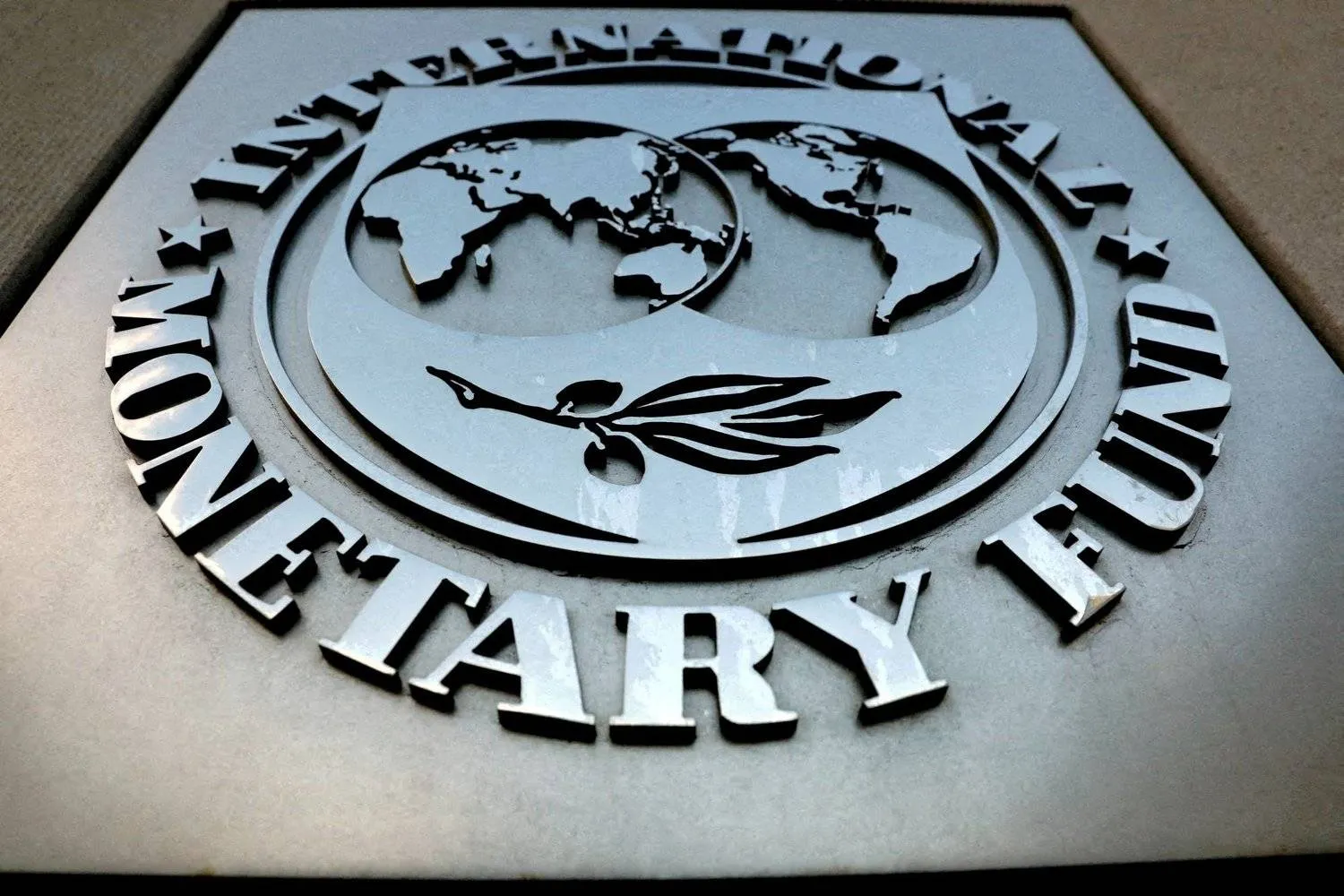The International Monetary Fund (IMF) said on Tuesday that it expects a decline in Iraq’s GDP in 2023 and 2024, as a result of lower oil production, due to the closure of the pipeline between the country and Türkiye, and OPEC+ production cuts.
A report by the Fund said that Iraq’s “large” financial expansion in the three-year budget law poses major risks to financial and external sustainability in the medium term.
The report added an IMF team, led by Jean-Guillaume Poulain, met with the Iraqi authorities in Amman on Dec. 12-17, to discuss recent economic developments and outlook, as well as policy plans.
“Against the background of a large fiscal expansion, non-oil GDP is expected to grow by 5 percent in 2023. Continued budget execution should help sustain strong non-oil growth in 2024. However, lower oil production, following the closure of the Iraq-Türkiye pipeline and OPEC+ production cuts, will reduce overall GDP growth in 2023 and 2024,” Poulain said at the end of the mission.
He added that inflation has “declined from its January peak and is projected to stabilize in the coming months—helped by the Central Bank of Iraq’s (CBI) tighter monetary policy, pass-through from the exchange rate revaluation, lower international food prices, and normalization of trade finance, as compliance to the new anti-money laundering/combating the financing of terrorism (AML/CFT) framework improved.”
The IMF statement continued: “Despite a late start of budget implementation, the fiscal balance is expected to shift from a large surplus in 2022 to a deficit in 2023. Staff projects that the deficit would widen further in 2024 reflecting the full year impact of recent measures. The large fiscal expansion, including a substantial increase in public hiring and pensions creates permanent spending that will put pressure on public finances over the medium term.”
According to the IMF, “ensuring fiscal sustainability, in context of uncertain outlook for oil prices, requires gradually tightening the fiscal policy stance while safeguarding critical infrastructure and social spending needs.”
This would require mobilizing additional non-oil revenues, containing the large government wage bill, and reforming the pension system. These measures should be supported by moving toward a more targeted social safety net that better protects the vulnerable, the IMF mission stated.
But at the same time, the IMF welcomed the Iraqi government’s plans to strengthen public financial management, including steps towards establishing a treasury single account.
“In this context, the mission reiterated the importance of adhering to the framework for managing government guarantees,” it remarked.









